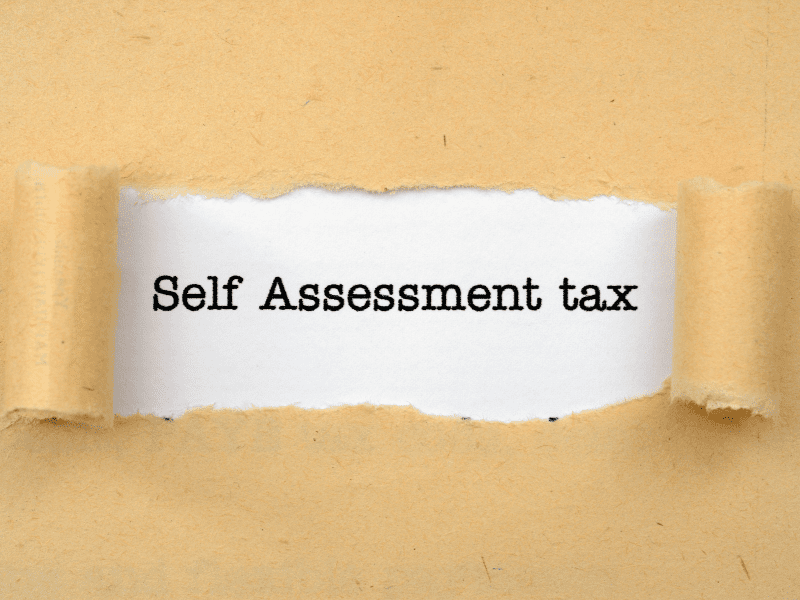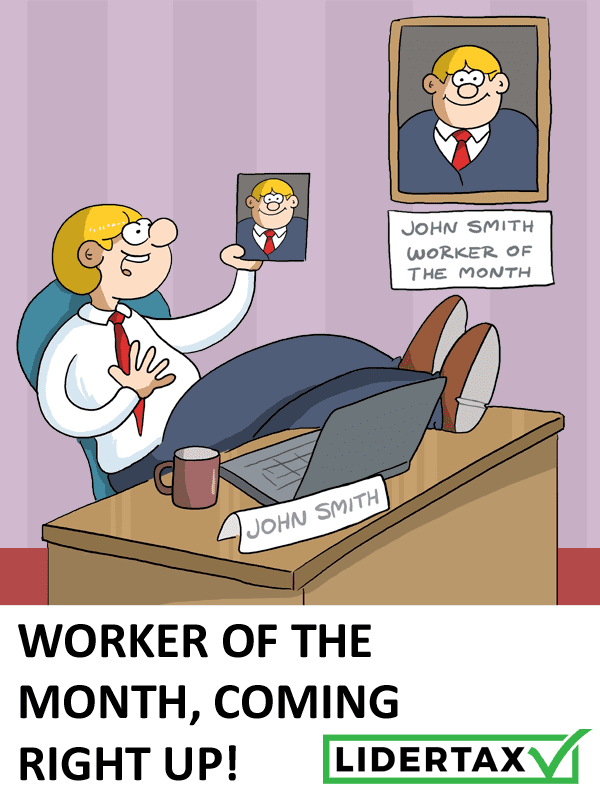
Losing a loved one is an exceptionally painful process. Chances are, the last thing you want to think about at this difficult time is their self assessment tax return. However, it’s well worth keeping in mind here that this is an important part of settling a loved one’s estate. And, at some point, it’s important to tackle it – no matter how tricky this might seem.
Do I Need to File a Self Assessment Tax Return for Someone Who Has Died?
After a loved one passes, there’s no guarantee that you will necessarily need to file a self assessment tax return. However, if they were self employed (or had income from a non-employed source, such as if they had rental properties or investments), you may need to complete a final self assessment tax return on their behalf.
By When Do I Need to File a Self Assessment Tax Return for a Passed Loved One?
The deadline for submitting a self assessment is generally the end of January (end of October if submitted on paper). If you are submitting on behalf of someone who has deceased, the same deadlines are in place. As such, it’s advisable to try and arrange your loved one’s self assessment digitally before the 31st of January.
But what if you know you will need to submit the self assessment on a paper copy (e.g., if you aren’t confident using a computer)? Well, in this scenario, you’ll need to complete the self assessment before the 31st of October. You’ll also need to allow time for the paper self assessment to arrive at HMRC in the post.
How to File a Self Assessment Tax Return for Someone Who Has Died
If your loved one has passed away, you’ll need to consider filing a self assessment tax return on their behalf. While this can be a painful process, always remember that there are professional accountants near you who can help. So, if you have trouble at any stage while completing a deceased loved one’s self assessment tax return, just ask.
Letting HMRC Know
Before you can begin the self assessment, you’ll most likely need to first let HMRC know about their passing. Once you have done so, HMRC should also be able to let you know whether your loved one had a self assessment that was due to be completed. This may not always be the case, remember. For example, if they stopped trading in the year prior, they may not have had any additional non-employed income.
Using the Tell Us Once Service to Let HMRC Know
There are a few options you can take here. Generally, the simplest way to do this is to just use the Tell Us Once service, though.
The Tell Us Once service allows loved ones to report a death to multiple government organisations. This can be an important step to take when handling the estate of someone who has died. After all, several departments may need to know about their passing; doing it manually each time can become painful and very distressing.
As such, once your loved one’s death has been registered, letting the government know is vital. Don’t forget, though, that this won’t go to private service providers (e.g. banks or utility companies).
What Information Will I Need to Provide?
When reporting your loved one’s passing, you may need several pieces of information, such as their National Insurance number, their address, employment information, the provider of their pension, and so on. Feel free to ask your local accountant for more information if you’re feeling unsure.
Remember: if you don’t have these details immediately, a professional team may be able to help you find them.
What Information Do I Need to Complete the Self Assessment
At this point, you should have let HMRC know about the passing of your loved one. As such, if HMRC have confirmed that a self assessment may be needed, you can begin looking at completing this.
The most obvious piece of information that you will need will be the bookkeeping records or accounts for your loved one’s business. Hopefully, this will all have been kept neatly in one place to make things easier for you. Unfortunately, though, this isn’t always the case. If your loved one was a messy with receipts, you’ll need to first ensure you have records for every transaction.
In addition to this, you’ll need several other pieces of information. Your accountant can highlight this in more detail, but a few key things include:
- Payslips from any employed work during the financial year. Remember, the self assessment tax bracket is calculated based on your loved one’s total earnings; it’s not just their earnings from self-employed work.
- Dividend vouchers for individuals who were a company director
- Savings schemes information (e.g. national savings bonds and certificates)
- P11D benefits received by the deceased individual
Registering for Self Assessment
When submitting a self assessment for a passed loved one, you won’t actually use their personal self assessment credentials. Instead, you’ll need to register the estate for self assessment. This can seem like a bit of a hassle, but it’s important to keep in mind.
After registering for self assessment for the loved one’s estate, you will receive a Unique Taxpayer Reference through the post. This is the same process that most people undergo when registering for self assessment on their own earnings. Receiving the letter can take a little while, so always allow time for this while planning the tax returns.
Once you have received your new Unique Taxpayer Reference number, it’s advisable to mark it clearly. This means you can check which number was your deceased loved one’s and which relates to their estate specifically.
Paying for the Self Assessment Tax Return
Once the self assessment tax return has been completed, you may be wondering: who pays this? After all, the thought of paying out thousands probably is an extra stress you really don’t need right now! Fortunately, this generally won’t fall on your shoulders to complete personally.
The personal representative of the assets will usually pay taxes due from your loved one’s estate. This means the estate itself effectively pays for the taxes – often directly from the bank. However, if probate was not granted by your loved one, the bank may not be able to make funds available. This may, in turn, require a loan or financing agreement to cover the costs.
What if my Loved One Was Owed Taxes?
It’s entirely possible that the government may have actually owed your loved one taxes. In this case, you may be wondering how you claim these overpaid taxes. Well, there’s some good news here. Any tax rebates become a part of your loved one’s estate. As a result of this, they are indirectly paid back to your loved one (and their beneficiaries).
Always Consider Your Tax Position Personally
One factor that many people overlook when managing self assessment for a loved one who has died is the personal impact. Indeed, if your loved one had to pay self assessment, that means they likely had some form of non-employed income. This could often be in the form of rental income or investments. And, should these pass to you, your own tax situation may change.
Firstly, if you receive rental income or receive payments from investments, you’ll need to sign up for self assessment. This can be quite a change for people who may not have done so prior! Make sure you’ve considered whether this will become the case for you.
In addition, the additional income from rental properties or investments could potentially impact your own tax bracket. For example, let’s suppose you already earned £50,000 per year from employed work. In this case, you’d normally be in the basic rate bracket (based on the current 2023-2024 tax year). However, if you earned an additional £15,000 from investments over the year, this may change. Suddenly, you’d need to submit a self assessment yourself and potentially pay high rate taxes (40% of your taxable income).
Final Thoughts
In many cases, filing a self assessment tax return for someone who has died can seem painful. However, this shouldn’t have to be impossible. Luckily, if you’re struggling with this, there is help out there.
Don’t be afraid to contact your local “accountant near me” for further support and guidance regarding a self assessment tax return for a deceased loved one if you need additional support. After all, there are people out there who can help during this difficult time. And, while things might seem bleak at the minute, there is a light at the end of the tunnel; you just need to take the first steps.





